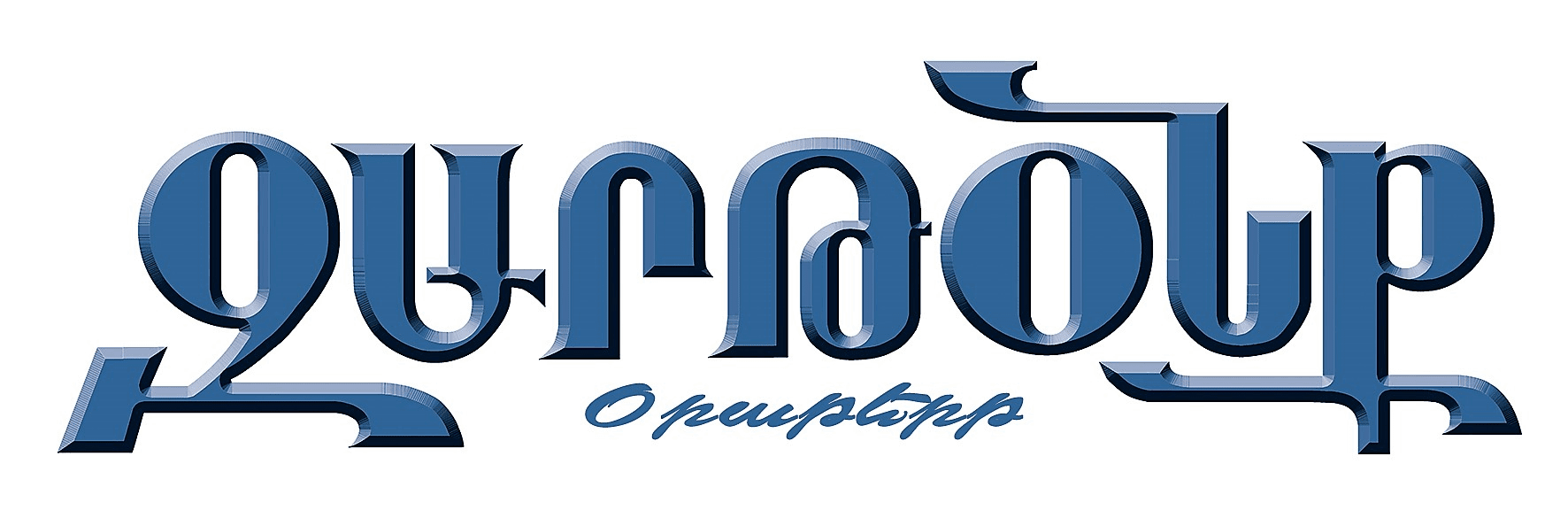*Alik Jébéjian*
outlookaub.com
The sinister day of March 15, 2011 marked the beginning of a seemingly never-ending human exodus, also known as the Syrian civil war.
In fact, four years on since its start, over nine million Syrians have become displaced, three million of which have been forced to seek refuge in neighboring countries beyond the Mediterranean.
Over the past two weeks, the French satirical weekly “Charlie Hebdo” became obsessed with Aylan Kurdi, the drowned Syrian toddler who became a symbol of Europe’s refugee crisis. In one of its issues, “Charlie Hebdo” (see photo 1) featured a caricature of Aylan Kurdi lying dead on the coast of Bodrum, Turkey. The caption on the front page read “So close to making it…” and the sign on the beach read “Promotion! Two children’s menus for the price of one”; the second caricature read (see photo 2) “Christians walk on water, Muslim children sink”.
On the one hand, one might think of the these caricatures as appalling, for human loss is being mocked in these pictures. On the other hand, and as Hundel wrote earlier last week in “The Independent”, “it would be ridiculous to read the [“Charlie Hebdo”] take on the refugee crisis at face value.”
Nevertheless, the following questions surely arise: Is this freedom of speech or inhuman mockery? Is it ethical to discuss such a sensitive issue openly through satire? Is this taking freedom of speech too far, or are journalists and caricaturists only rightfully expressing their opinion? Or better yet, should we question the pillars on which freedom of speech was built, such as tolerance, equality, diversity and acceptance?
“I see humans, but no Humanity,” says Jason Donohue. Have we, as a community, lost what makes us humans? Did little Aylan deserve to be not only a victim of war and corruption, but also of satire? As humans living in one society, aren’t we responsible for respecting and understanding one another?
Article 19 of the Universal Declaration of Human Rights states that “everyone has the right to freedom of opinion and expression; this right includes freedom to hold opinions without interference and to seek, receive and impart information and ideas through any media and regardless of frontiers.”
Aylan died before he could even have dreams. Because of injustice and greed, Aylan was deprived of his basic human right: life. Isn’t freedom of expression, as aforementioned, a human right as well? Why deprive ourselves of another basic right, which happens to be a powerful tool we have in our hands? Freedom of speech signifies diversity, knowledge, and new opinions. All these are factors of development. Our goal as humanity should be to strengthen what makes us special, which is our human existence. The world we live in today would have been much different without Socrates or Voltaire.
Although at first these caricatures might shock the general public, one should look beyond their literal meaning and see what the caricaturists really want to denounce and mock, which is not Aylan’s death, but the disgusting state of the world we live in. Still, it was one of the greatest and most influential people of the past century, Mahatma Gandhi, who once said: “You must not lose faith in humanity.”






